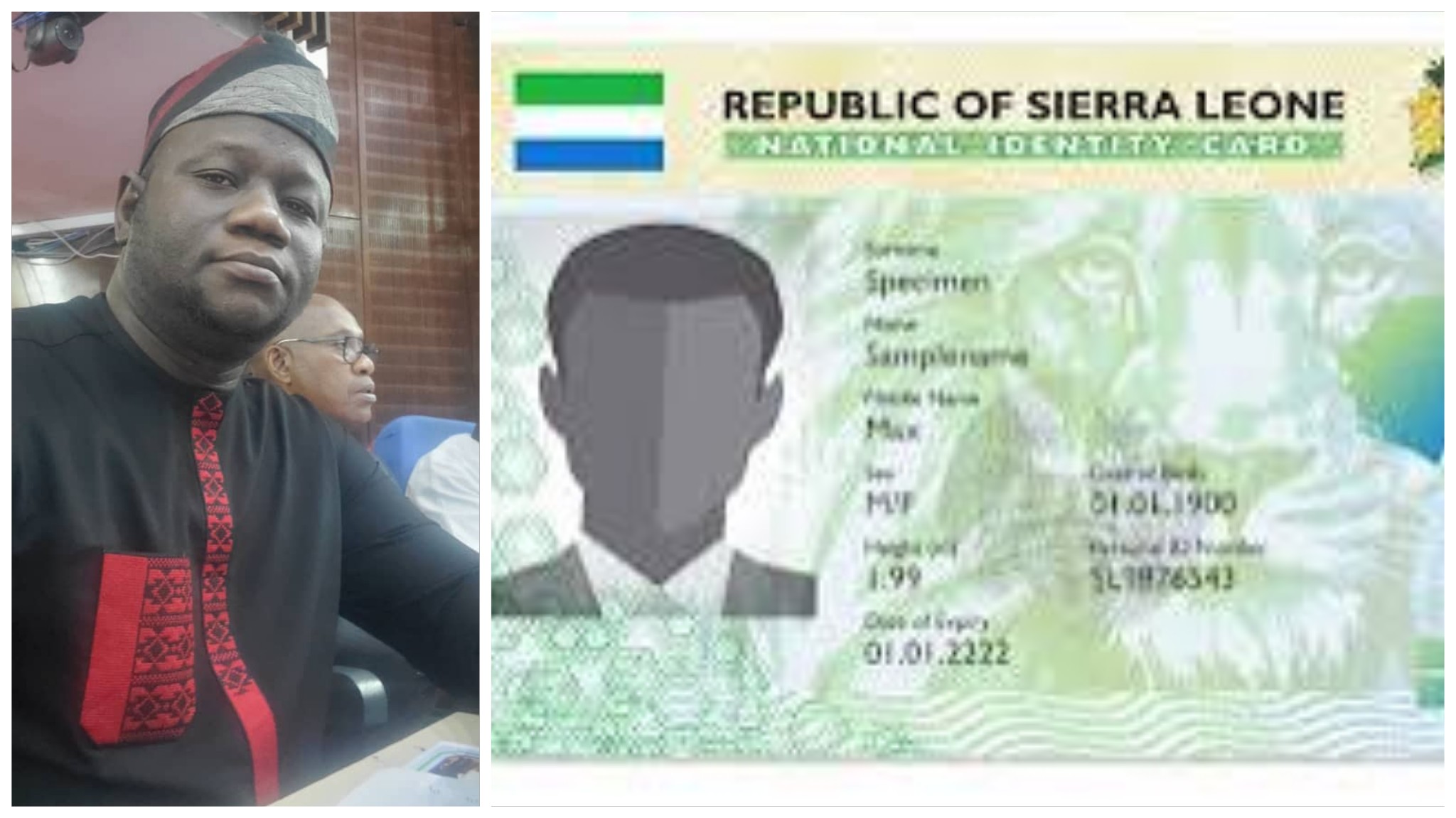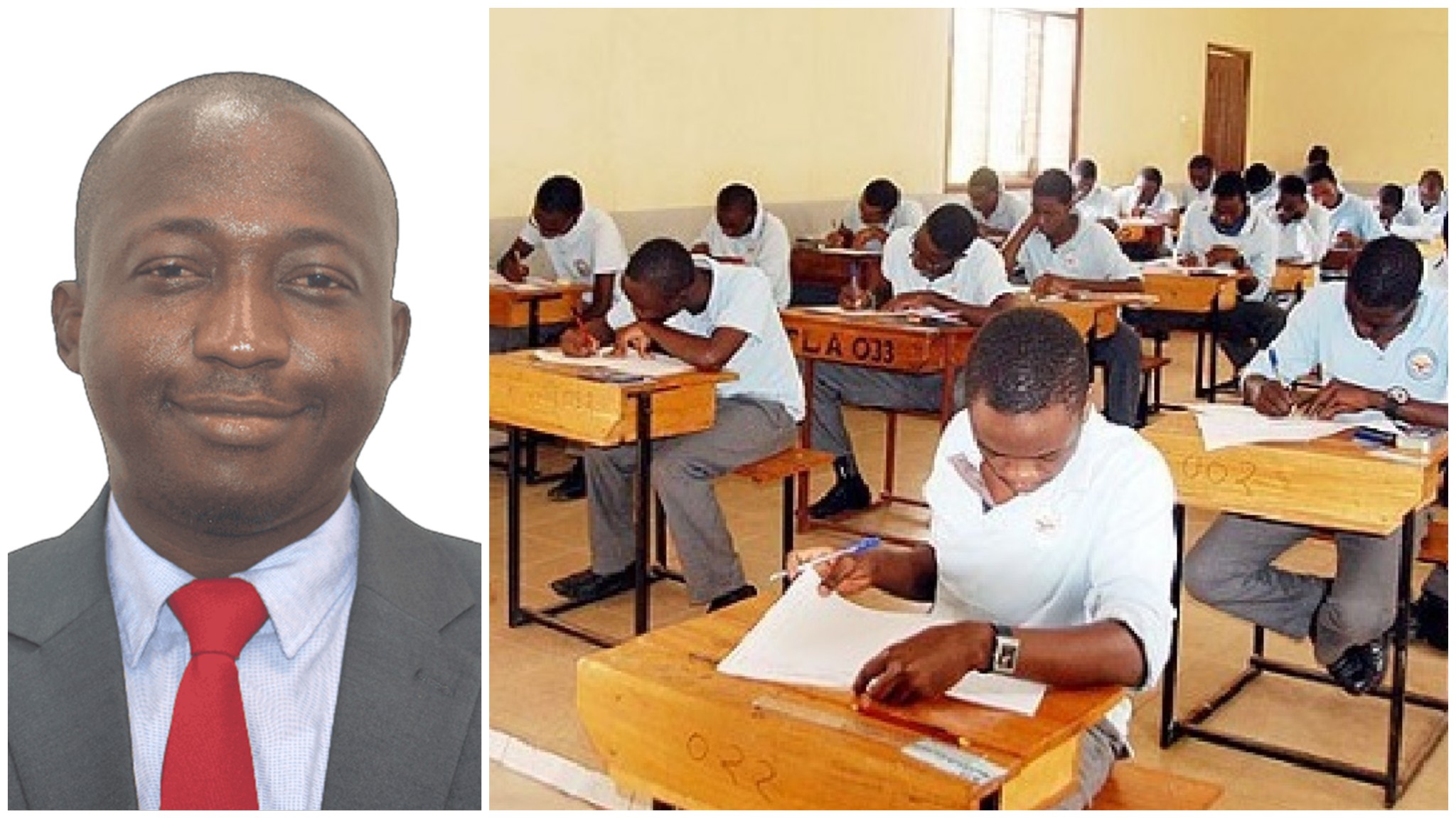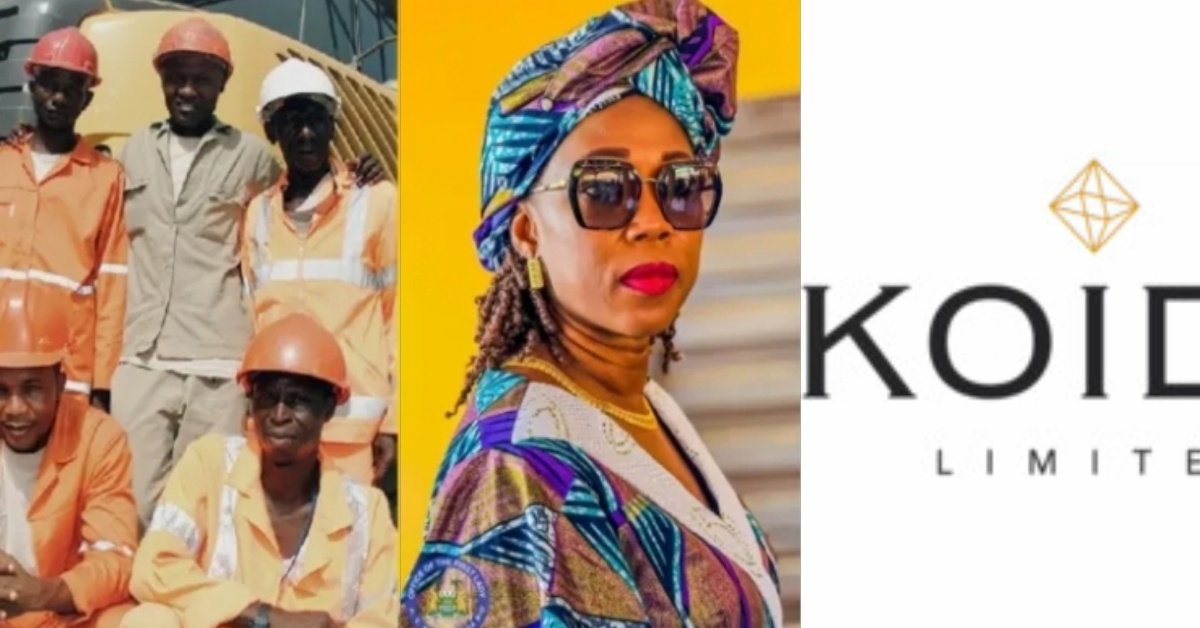
By Abdul Rahman Bah
Honourable Alpha B. Mansaray, a Member of Parliament representing the people of Bumpeh in Moyamba District, raised serious concerns regarding the difficulties Sierra Leoneans face in accessing their national identity cards, a vital document required for many essential services.
During his address, he highlighted that the inadequate number of registration centers across the country has created immense challenges for citizens, especially in rural areas.
He expressed frustration that a district as large as Moyamba, with its 14 chiefdoms, has only one operational center, forcing residents to undertake long, expensive, and often burdensome journeys to obtain their ID cards.
This situation is exacerbated by the high costs associated with travel, particularly for individuals coming from remote areas like Sewa, Kori, or other far-flung regions within the district.Honourable Mansaray emphasized the impact this has on various groups of people, noting that schoolchildren, university students, professionals, and ordinary citizens are all affected.
He pointed out that the national identity card has become a prerequisite for accessing basic services such as opening bank accounts, securing university admissions, and engaging in official transactions. However, due to the limited availability of centers, citizens are left with no choice but to endure long queues, extended waiting times, and logistical challenges.
Many people, he noted, are unable to meet these requirements due to the prohibitive costs and the lack of facilities in their localities.He further criticized the decision by the authorities to impose strict deadlines for ID card collection without first ensuring that the process is accessible and affordable for all. Such deadlines, he argued, are unreasonable and counterproductive when citizens face significant barriers to compliance.
He questioned the rationale behind setting deadlines without providing the necessary infrastructure and support for efficient service delivery. This, he believes, only adds to the frustration of the people and undermines their confidence in government institutions.As a representative of the people, Honourable Mansaray called on Parliament to take urgent action.
He urged the Speaker of Parliament and his colleagues to summon the Director General of the National Civil Registration Authority (NCRA) to discuss these issues and demand solutions. He proposed that the government should significantly increase the number of registration centers across the country to ensure that every community, no matter how remote, has access to this essential service.
Additionally, he advocated for the introduction of mobile ID card registration units, which could travel to different communities to make the process more accessible. Such an approach, he argued, would not only alleviate the burden on citizens but also ensure that the system is inclusive and equitable.
Honourable Mansaray also highlighted the economic implications of the current challenges. He noted that if the process were better organized, the government could generate substantial revenue from the issuance of ID cards.
However, the lack of planning and foresight has resulted in inefficiencies, leaving many citizens dissatisfied and underserved. He urged the authorities to allocate more resources toward improving the system, including investing in additional machines, materials, and personnel to handle the demand effectively.
By addressing these issues, he believes the government could enhance service delivery while also creating opportunities for revenue generation.He expressed strong opposition to recent threats from the NCRA to arrest citizens who do not possess ID cards. Such punitive measures, he argued, are unjustifiable and would only exacerbate the challenges faced by ordinary people.
Before implementing any enforcement actions, the government must first ensure that the necessary infrastructure and services are in place to make ID cards readily available to all citizens. It would be a grave mistake, he said, to penalize people for a failure that stems from systemic shortcomings rather than individual negligence.
Honourable Mansaray reaffirmed his commitment to addressing these issues on behalf of his constituents and all Sierra Leoneans. He emphasized that as members of Parliament, they have a responsibility to advocate for the rights and well-being of the people they represent.
He expressed hope that the discussions with the NCRA would lead to meaningful reforms, including an increase in the number of registration centers, improved accessibility, and a more efficient distribution process. Parliament, he said, provides a platform for constructive dialogue and practical recommendations, and he looks forward to seeing tangible results from the upcoming engagements.
In conclusion, Honourable Mansaray stressed the importance of creating a system that is affordable, accessible, and efficient. He called on the NCRA and other relevant authorities to prioritize the needs of the people and ensure that every Sierra Leonean has the opportunity to obtain their national identity card without undue hardship.
He remains optimistic that through collaboration and proactive measures, these challenges can be resolved, paving the way for a more inclusive and effective registration system that serves the entire nation.



